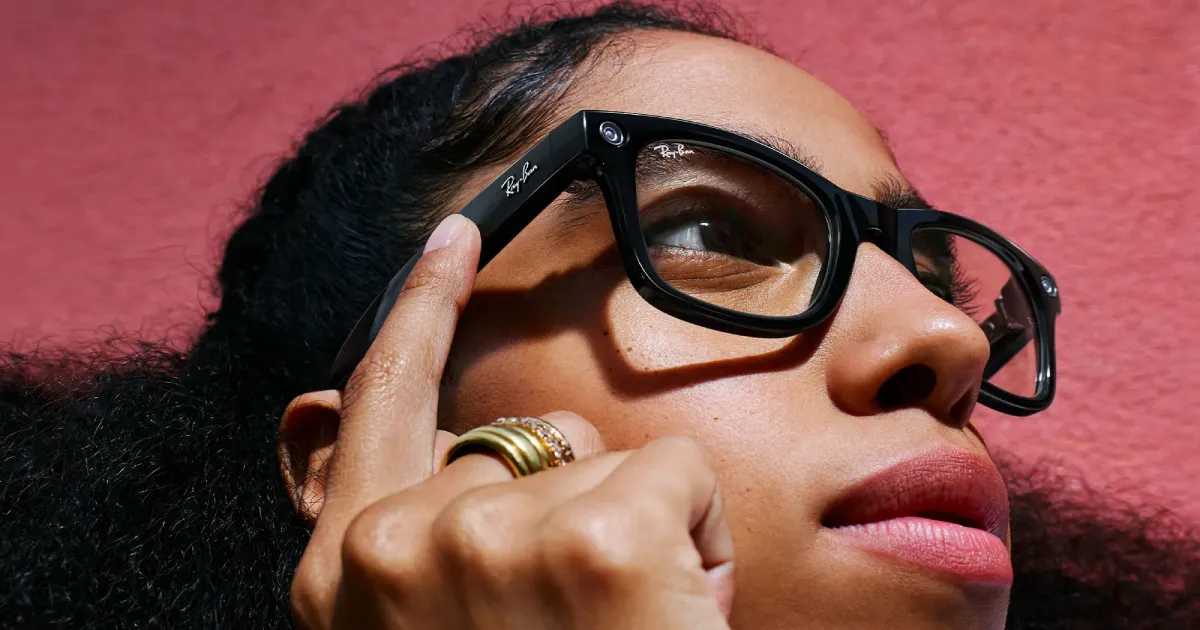Apple Designing Smart Glasses Chips to Rival Meta's Ray-Bans

Apple is ramping up its chip development efforts to support a new wave of products, including smart glasses aimed at challenging Meta's dominance in the wearables space. The tech giant is working on a new class of processors designed to power devices ranging from AI servers and high-performance Macs to lightweight, camera-equipped smart glasses.
One of the most notable aspects of this development is Apple’s focus on smart glasses technology. While the company has long been rumored to be working on augmented reality (AR) wearables, the current direction appears to center on non-AR glasses that rely heavily on artificial intelligence. These glasses would be equipped with cameras to scan the user’s environment and perform context-aware tasks, guided by AI — a concept that bears resemblance to Meta’s Ray-Ban Meta smart glasses.
To achieve this, Apple is designing a chip reportedly inspired by the ultra-efficient processors found in Apple Watches. This custom chip is expected to manage cameras and other sensors with minimal energy consumption — a critical feature for any lightweight, wearable device where battery life is a major constraint.
The company plans to move these chips into mass production with its long-time manufacturing partner TSMC, potentially as soon as late 2026 or 2027. While development timelines are fluid, the strategic emphasis is clear: Apple is preparing to stake a significant claim in the smart glasses market, an area where Meta has already made inroads by selling around 2 million units of its Ray-Ban Meta glasses since their launch in 2023.
Apple CEO Tim Cook reportedly sees wearables, particularly smart glasses, as a frontier worth dominating. Internal efforts are said to be driven by a desire to outpace Meta, which has emerged as a surprising leader in this category thanks to a blend of style, utility, and social media integration in its products.
Beyond wearables, the chips under development are also intended to bolster Apple’s AI infrastructure and computing power in future Macs. As artificial intelligence becomes more deeply integrated across Apple’s product ecosystem, from Siri to device optimization, the need for more specialized, efficient, and scalable chip solutions is paramount.
This latest push reflects Apple’s increasingly vertical strategy in hardware, wherein it designs chips tailored specifically to each category of device — a move that has already paid dividends in the iPhone, iPad, and Mac lines.
As the tech industry watches the battle for AI-powered wearables unfold, Apple’s next-generation chip efforts could determine whether it can catch — and surpass — rivals like Meta in the race to redefine personal computing.





